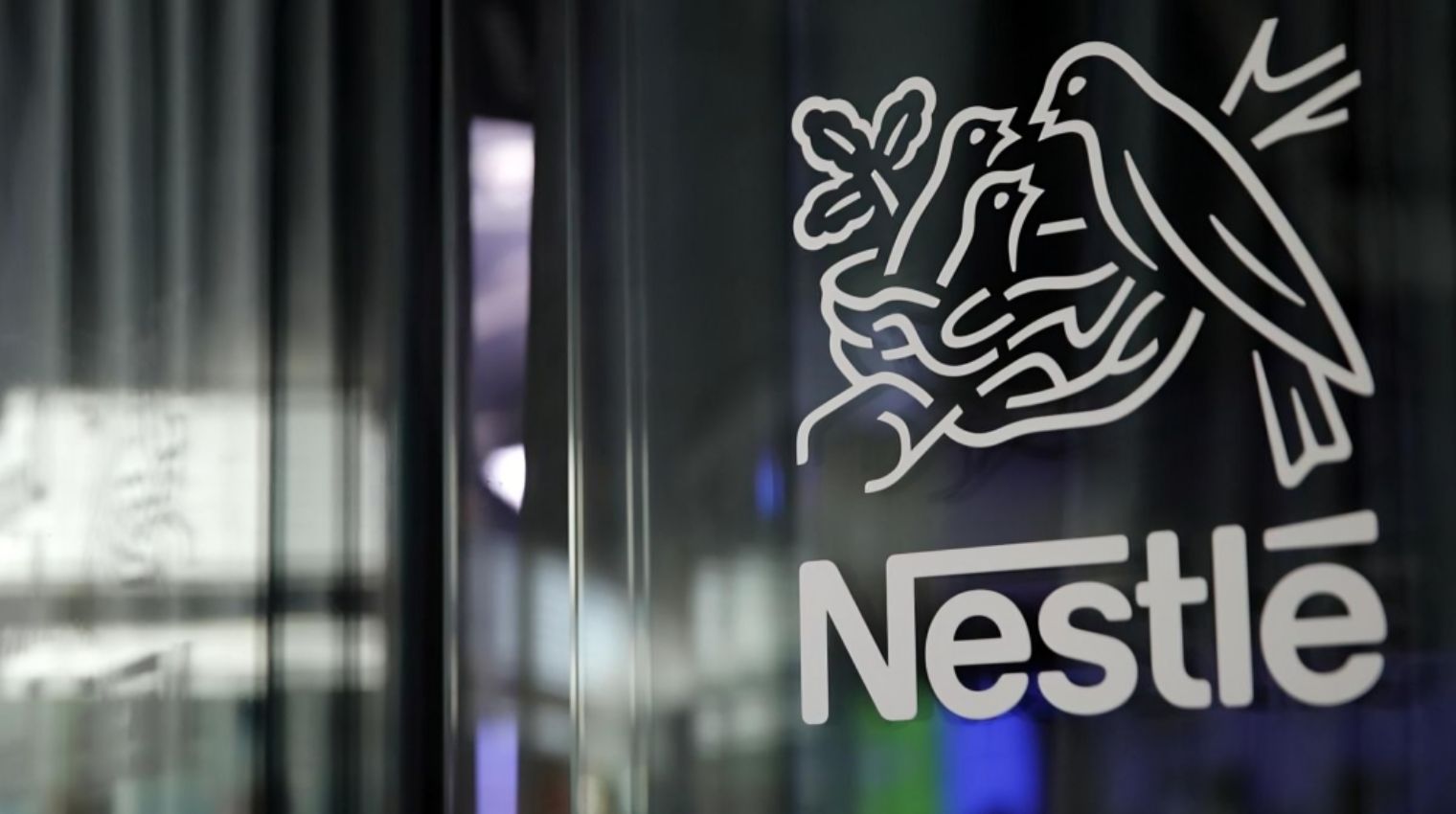Nestle’s primary baby food brands have been found to have high levels of added sugar and honey, as reported by Public Eye, a Swiss investigative organization. The sugar content was discovered in Nestle’s brands marketed in low and middle-income countries, contradicting international guidelines aimed at preventing obesity and chronic diseases.
In India, where sales exceeded 250 million dollars in 2022, all Cerelac baby cereals contain added sugar, averaging nearly 3 grams per serving, according to the study. A similar scenario is observed in South Africa, the primary market in Africa, where all Cerelac baby cereals were found to contain four grams or more of added sugar per serving. In Brazil, the world’s second-largest market with sales of approximately 150 million dollars in 2022, three-quarters of Cerelac baby cereals (known as Mucilon in the country) contain added sugar, averaging 3 grams per serving.
In the Philippines, products targeted at toddlers were discovered to have no added sugar. On the other hand, in Indonesia, Nido baby-food products, marketed as Dancow, all contained around 2g of added sugar per 100g of product in the form of honey, or 0.8g per serving.
In Mexico, two out of the three Nido products available for toddlers had no added sugar, while the third contained 1.7g per serving. Nido Kinder 1+ products sold in South Africa, Nigeria, and Senegal all contained nearly 1g per serving, as per the report.
The findings were discovered following the submission of samples of the Swiss multinational’s baby-food products sold in Asia, Africa, and Latin America to a Belgian laboratory for analysis by campaigners from Public Eye.
Upon examination of the product packaging and the results obtained, it was revealed that Nido, a follow-up milk formula brand intended for infants aged one and above, as well as Cerelac, a cereal targeted at children between six months and two years, contained added sugar in the form of sucrose or honey.
However, it was noted that Nestle’s main European markets, including the UK, did not have any added sugar in formulas for young children. Although certain cereals aimed at older toddlers were found to contain added sugar, products specifically targeted at babies between six months and one year were free from such additives.
The World Health Organisation’s guidelines for the European region state that no added sugars or sweetening agents should be present in any food intended for children under three years of age.
Furthermore, tests conducted on products from the Nido brand, which boasts retail sales exceeding 1 billion dollars worldwide, revealed significant variations in sugar levels.

